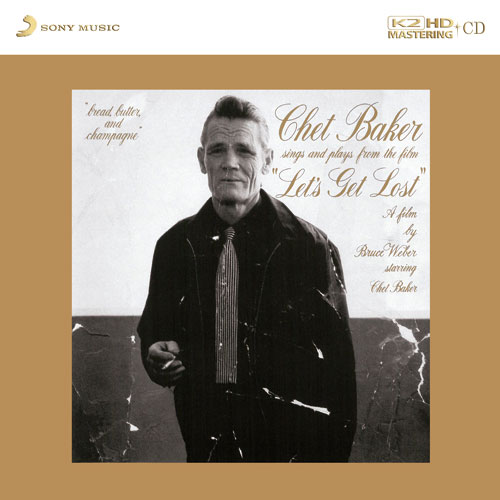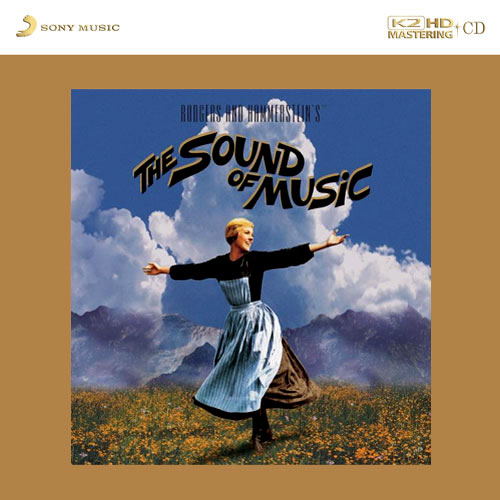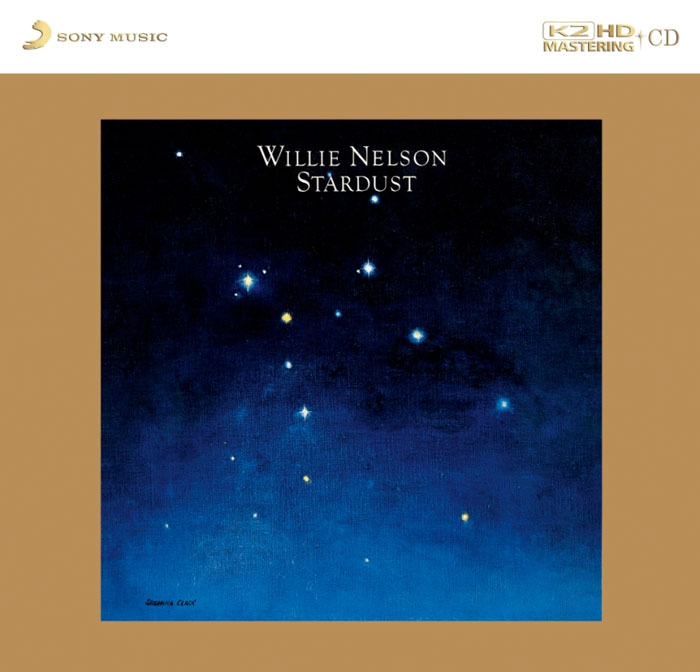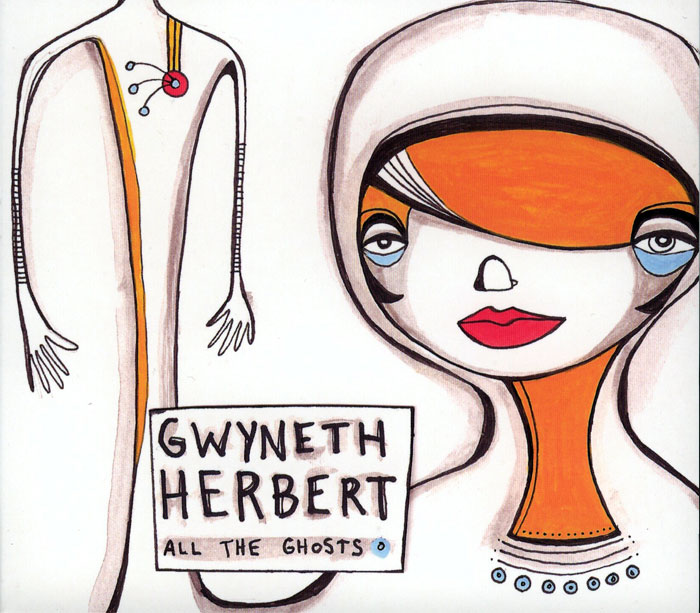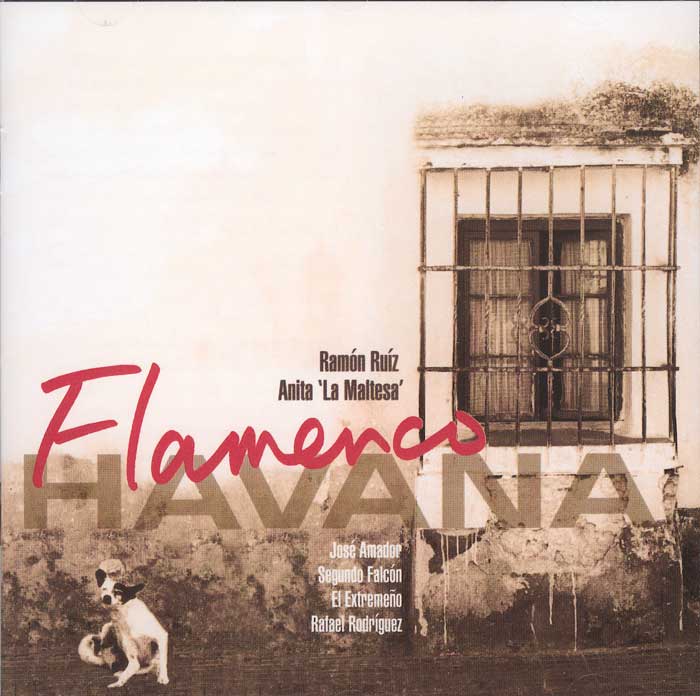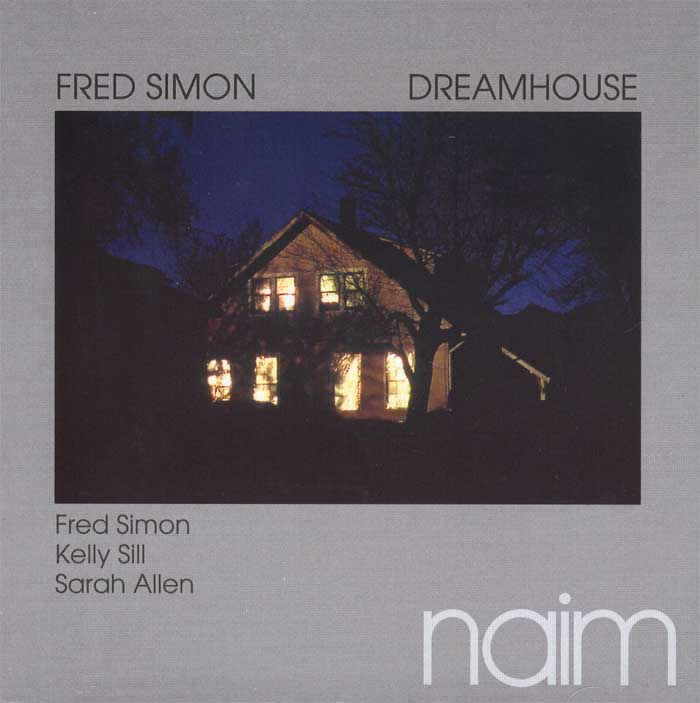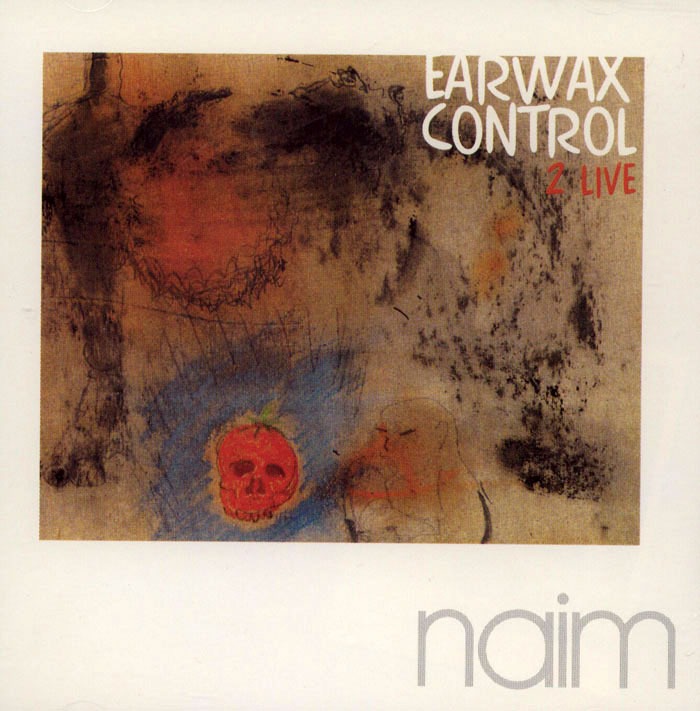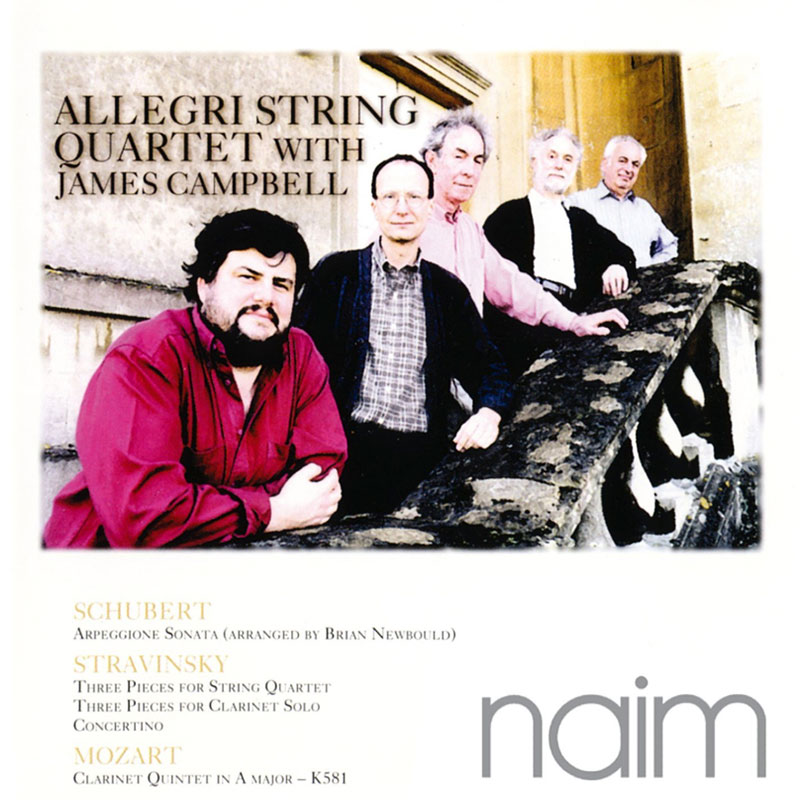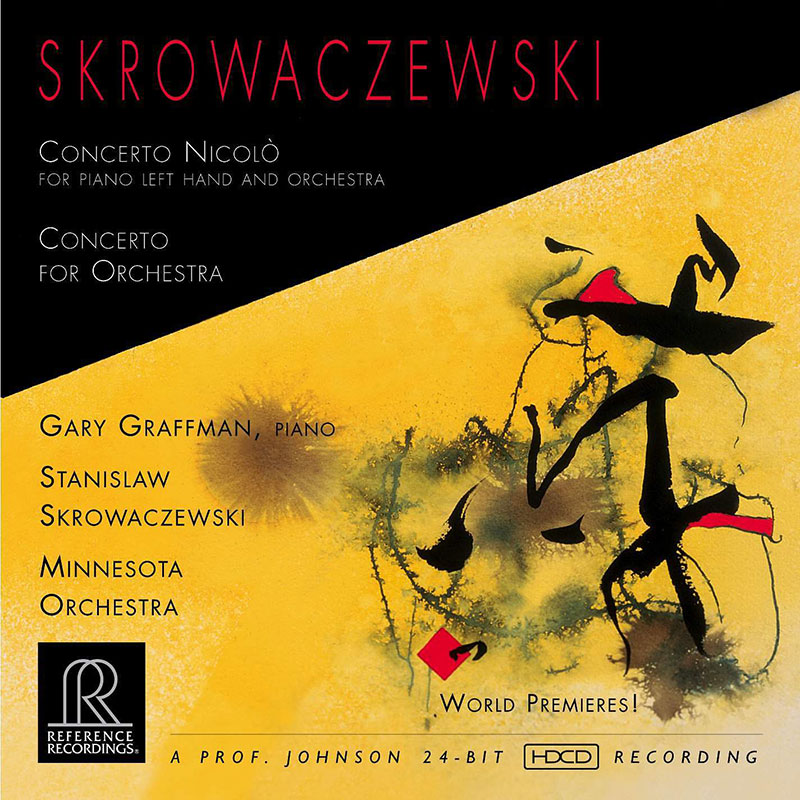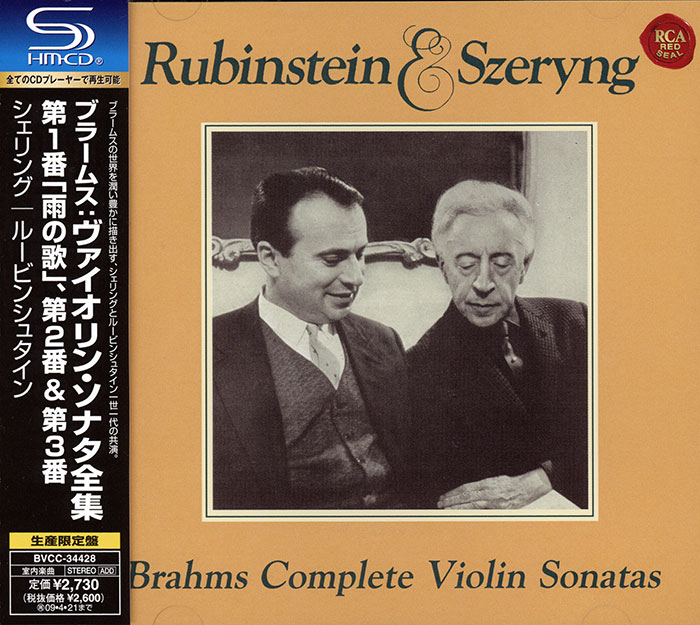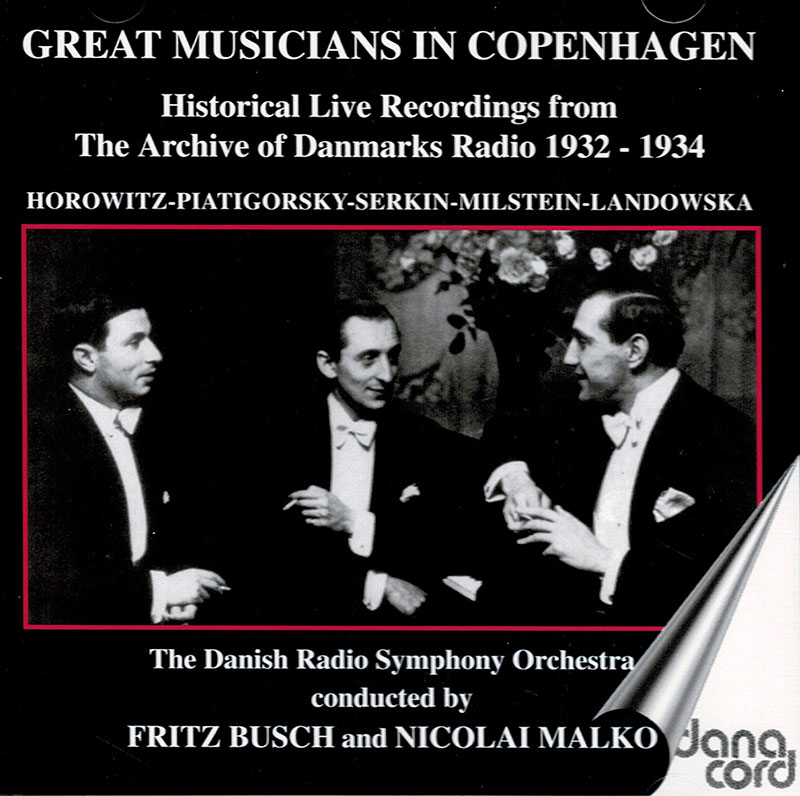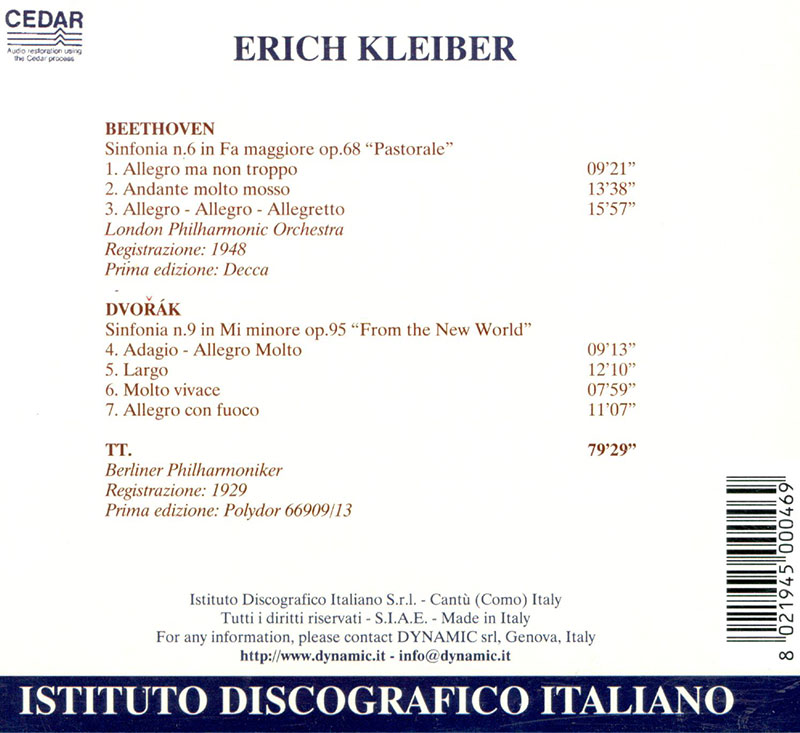Logowanie
Najbardziej analogowe brzmienie na CD - K2HD nastę
BEETHOVEN, Bruno Walter
Symphony No. 6 'Pastorale'
Legendarna seria GREAT PERFORMANCES teraz na K2HD!
RODGERS, HAMMERSTEIN, Julie Andrews
Sound Of Music
EGZEMPLARZE NUMEROWANE Z PLATYNOWEJ PARTII 250-500 SZTUK!
NAIM Records - Delikatesy!
Winylowy niezbędnik
ClearAudio
Elixir of Sound
Nowa, jeszcze bardziej skuteczna receptura! Najlepszy na rynku płyn do igieł gramofonowych
ClearAudio
Poziomica gramofonowa - Dosenlibelle - Precision Bubble Level
Pierwszy i najważniejszy przyrząd do właściwej regulacji toru gramofonowego.
Osobowości
SKROWACZEWSKI, Stanislaw Skrowaczewski, Minnesota Orchestra
Concerto Nicolo for piano left hand and orchestra
WORLD PREMIERE!
BEETHOVEN, DVORAK, London Philharmonic Orchestra, Berliner Philharmoniker, Erich Kleiber
Symphony No. 6,

- Beethoven, Ludwig van
- Symphony No. 6 in F major, Op. 68, "Pastoral" - 38:56
- 1. I. Awakening of Cheerful Feelings Upon Arrival in the Country: Allegro ma non troppo - 09:21
- 2. II. Scene by the Brook: Andante molto mosso - 13:38
- 3. III. Merry Gathering of Country Folk: Allegro - IV. Thunderstorm: Allegro - V. Shepherd's Song: Happy and Thankful Feelings after the Storm: Allegretto - 15:57
- Dvorak, Antonin
- Symphony No. 9 in E minor, Op. 95, B. 178, "From the New World" - 40:29
- 4. I. Adagio - Allegro molto - 09:13
- 5. II. Largo - 12:10
- 6. III. Molto vivace - 07:59
- 7. IV. Allegro con fuoco - 11:07
- London Philharmonic Orchestra - orchestra
- Berliner Philharmoniker - orchestra
- Erich Kleiber - conductor
- BEETHOVEN
- DVORAK
Erich Kleiber (5 August, 1890, Alsergrund, Vienna – 27 January, 1956, Zurich) was an Austrian conductor. Born in Vienna, Kleiber studied in Prague. In 1923, after conducting a stirring performance of Beethoven's Fidelio at the Berlin State Opera, he became that institution's music director. He was known for his interpretations of the standard symphonic and operatic repertoire, as well as for championing new works. In 1925 he conducted the première of Alban Berg's opera, Wozzeck. When Berg's second opera Lulu was branded Entartete Musik (degenerate music) by the Nazi Party, Kleiber, who was not Jewish and therefore could have continued his career under the Nazi regime, resigned from his post at the Berlin Opera in protest. Kleiber also repudiated his contract with La Scala in Milan in April 1939, shortly after the fascist Mussolini regime enacted its own anti-semitic legislation, saying: "...[since] la Scala is denied for Jews...both as a Christian and an artist, I can no longer co-operate." Kleiber moved to Buenos Aires, where he worked at the Colón Theater, becoming its music director. Here he specialized in the German operatic repertoire, particularly the works of Wagner. Through the prestige of his name, he was able to attract such luminaries to the Colón as Emanuel List, Kirsten Flagstad, Viorica Ursuleac (in her only appearances in the Western Hemisphere) and Set Svanholm. Some of his performances from this period have been made available on CDs of varying quality, depending upon the conditions under which the original recordings took place. In 1938, Kleiber became an Argentine citizen.[citation needed] After World War II, he was offered his erstwhile post at the Berlin State Opera, which was at that time in the Russian zone of the divided city, but after discovering that the Communists were no more to his taste than the Nazis had been, he resigned without having conducted a single performance. He became a roving guest conductor, never again having any permanent post. Erich Kleiber died on the 200th anniversary of Mozart's birth in Zurich. According to his son, Carlos Kleiber, he was found in a bathtub, bleeding to death. Whether this indicates suicide -- he was apparently embittered after being turned down as music director of the Vienna State Opera -- has never been confirmed. The official cause of death was a heart attack. Kleiber made a few recordings, mainly for Decca. Two operatic recordings are still considered among the finest of these works: Mozart's Le Nozze di Figaro (with the Vienna Philharmonic Orchestra, and Cesare Siepi as Figaro) and Richard Strauss's Der Rosenkavalier. The former was included in Gramophone magazine's 100 Greatest Recordings. Kleiber also composed; among his works are a Violin Concerto, Piano Concerto, orchestral variations, Capriccio for Orchestra, numerous chamber music works, piano pieces, and songs. Recently, his concerts with the NBC Symphony Orchestra, which he guest conducted while its regular conductor Arturo Toscanini was on vacation, have been released on CD. His son Carlos Kleiber became a renowned conductor in his own right. In August 2010, the Colón Theater with Daniel Barenboim celebrated the 120th Anniversary of Kleiber's birth. In January 2011, the National Library in Sofia marked the 55th Anniversary of his death."




